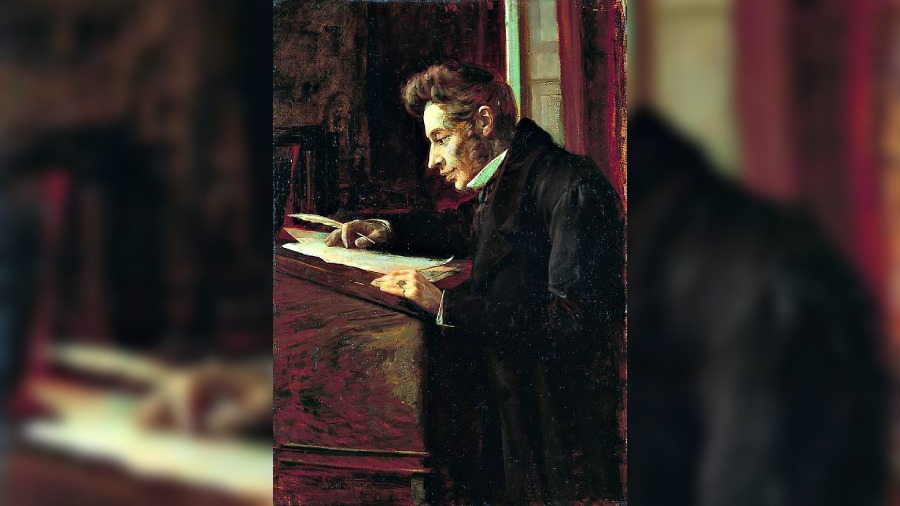Book: Either/Or
Author: Elif Batuman
Publisher: Penguin
Price: $27
Should one spend the brief time on earth guided by ‘aesthetics’ — hedonism and pleasure — or ‘ethics’ — morality and responsibility? This is the choice that plagued the Danish philosopher, Søren Kierkegaard (picture), in his 1843 book, Either/Or. Elif Batuman, too, takes up this line of enquiry in her novel of the same name. But in this sequel to her Pulitzernominated The Idiot, the dilemma before the protagonist, Selin, seems not so much how to make a choice between two starkly opposed systems, but how to start living at all.
Anyone who has read The Idiot is already aware that Selin treats books in her coursework as manifestos by which to live her life; they portend drastic shifts in her worldview and sensibility. So when she discovers Kierkegaard’s Either/Or and starts testing out the “aesthetic life”, she is simply doing her homework. Kierkegaard is not Selin’s only template. Works of literature exist as capricious haunted houses which Selin and the readers can wander into, get lost in, and amble out of with more questions than they had to begin with.
Either/Or is a more explicit künstlerroman — the novel of artistic formation — than its antecedent. The Selin who spent the last parts of The Idiot in a small Hungarian village gathering anecdotes for a novel is now in possession of a full-fledged creative philosophy. Her new taste for whirlwind sexual affairs coincides with her belief that to be a writer, she must collect experiences that she can churn into art. However, Selin, never one to leave an idea unchallenged, spends much of the novel questioning the ethical implications of seeing other people as material for fiction.
Either/Or does not exactly conclude; rather, a third volume seems almost inevitable, given that Selin appears to be leaving Kierkegaard as she embarks on a reading of Henry James’s The Portrait of a Lady. Perhaps an older Selin will finally see Kierkegaard’s point: whichever life one chooses, it is bound to be disappointing.











